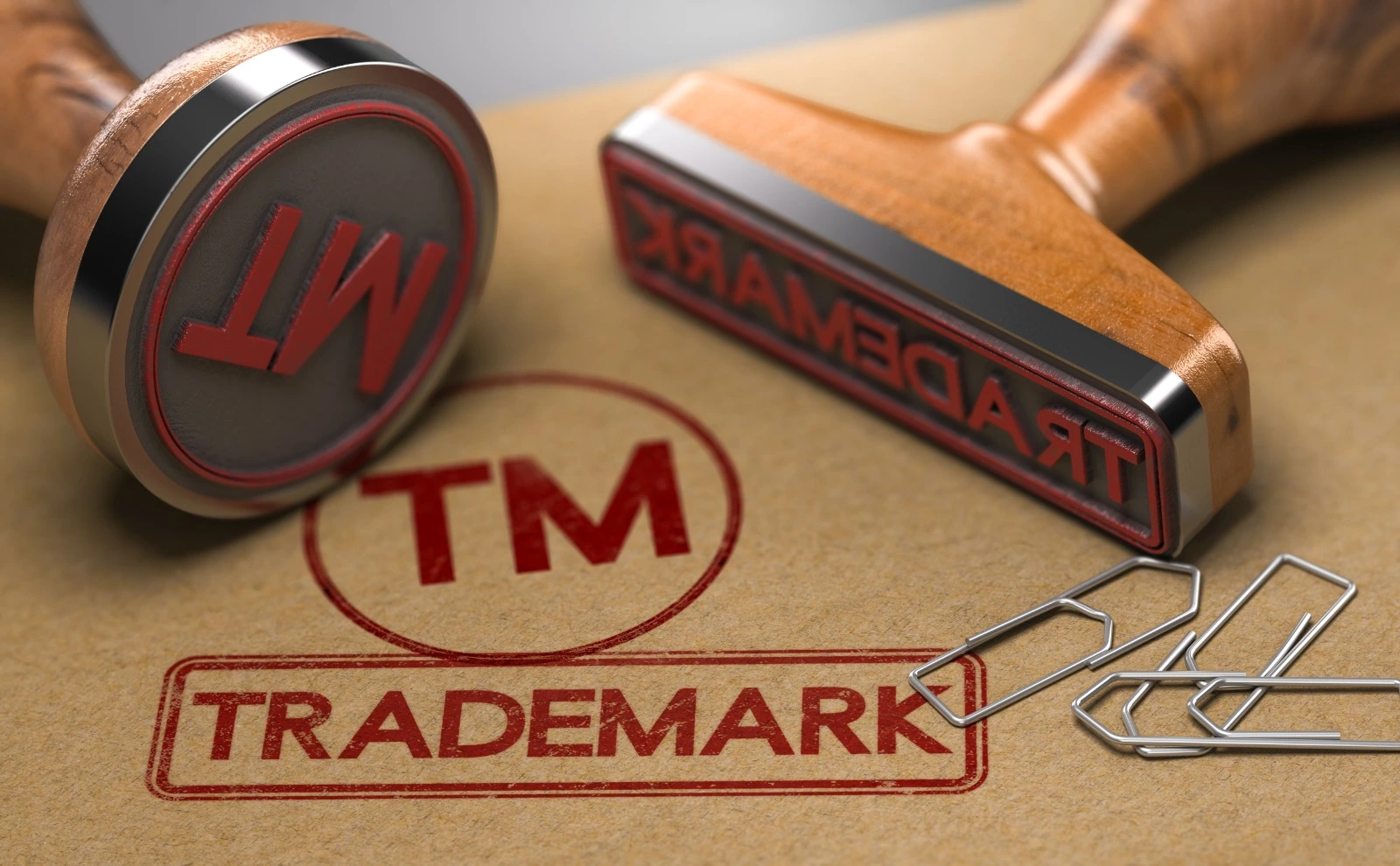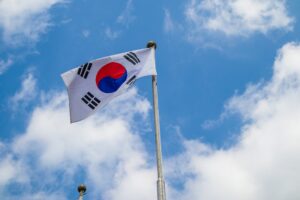On 30 July 2024, Indonesia’s Constitutional Court issued Constitutional Court Decision No. 144/PUU-XXI/2023 (“Constitutional Court Decision”), granting a judicial review of the Article 74 of Law Number 20 of 2016 concerning Trademarks and Geographical Indications (“Trademark Law”). This decision extends the period for challenging non-use deletion lawsuits from 3 years to 5 years.
As a background, businesses could challenge similar Indonesian registered trademarks through invalidation actions, either based on well-known marks or bad faith, or by filing non-use deletion lawsuits. Article 74 of the Trademark Law[1] allowed for challenges if a trademark had not been used for 3 (three) consecutive years.
Given that Indonesia’s economy is heavily reliant on small and medium-sized enterprise (“SMEs”), which play a vital role in supporting economic stability, it is crucial to recognize the challenges these businesses face. SMEs often contend with limited and fluctuating capital, as well as unforeseen circumstances such as force majeure. For instance, the COVID-19 pandemic, which began in 2019, worsened these challenges by significantly disrupting business operations. Many SMEs struggled to actively use their trademarks during this period, therefore increasing the risk of trademark deletion due to non-use ground, as they were confronted with circumstances beyond their control.
This broader issue of trademark non-use deletion amid challenging conditions is illustrated by Ricky Thio, a SMEs owner who act as the applicant in a judicial review leading to the Constitutional Court Decision (the “Applicant”). The Applicant faced a lawsuit from the foreign company, Zhejiang Dahua Technology Co., Ltd., which sought to delete his trademark

(i.e., HDCVI & Logo under Registration No. IDM000553432) based on non-use deletion lawsuit claims. This lawsuit has highlighted the severe impact of non-use deletion claims on small businesses.
Key Constitutional Court Ruling
In relation to the issues outlined above, the Applicant, challenged the constitutionality of a key provision. Specifically, the Applicant filed a request for a judicial review of:
- Article 74 of the Trademark Law. This article governs the deletion of trademarks due to non-use deletion.
This article was contested on the grounds of its alignment with:
- Articles 28H Paragraph (4), 28D Paragraph (1), and 33 Paragraph (4) of the 1945 Constitution of the Republic of Indonesia (“Indonesian Constitution”)[2], which pertain to fundamental rights and legal certainty.
In relation to the above articles, the Applicant made the following main arguments:
- The 3 (three)-year non-use deletion rule in the Trademark Law unfairly impacts SMEs, especially during crises like the COVID-19 pandemic, where businesses may struggle to use their trademarks. This provision discriminates against smaller businesses and does not account for force majeure
- The broad interpretative discretion granted to judges under Article 74 of the Trademark Law. This subjectivity in handling trademark cases could lead to inconsistent and unfair outcomes.
- The Trade-Related Aspects of Intellectual Property Rights (“TRIPS”) Agreement and the Paris Convention, which Indonesia has ratified, do not require non-use deletion provisions as mandatory but offer them as an option. The Applicant argued that Indonesia should set its own legal standards without external interference, respecting the principle of non-intervention.
- Removing Article 74 of the Trademark Law would ensure legal certainty and protect trademark ownership rights, aligning with the longer protection period already in place (i.e., 10 years based on Article 35 of the Trademark Law[3]).
To conclude, the Applicant argued that Article 74 of the Trademark Law was in conflict with Articles 28H Paragraph (4), 28D Paragraph (1), and 33 Paragraph (4) of the Indonesian Constitution, and thus lacked binding legal force.
In response to the Applicant’s arguments, the government offered the following key interpretations:
- The 3 (three)-year non-use deletion lawsuit requirement in Article 74 of the Trademark Law aligns with the TRIPS Agreement’s minimum standards. This rule helps prevent the misuse of trademarks to block competitors and ensures that trademarks are actively used in trade. This provision allows for flexible use without strict geographic or temporal constraints.
- Based on Article 35 of the Trademark Law, trademarks are protected for ten years and can be renewed, consistent with Article 18 of the TRIPS Agreement. However, there is an obligation to use the trademark. This rule is crucial for maintaining market balance and ensuring trademarks serve their purpose as sources of consumer information. Trademarks that are not used could mislead consumers and disrupt market competition. Thus, the requirement to use trademarks is seen as a fundamental aspect of the Trademark Law, ensuring that trademarks remain functional and relevant.
- The TRIPS Agreement allows countries to choose their authority for assessing trademark use. In Indonesia, this can be handled by administrative bodies or courts. The government defended the judicial approach, noting that court decisions are based on evidence and legal principles, ensuring fairness and justice.
In conclusion, the government stated that Article 74 of the Trademark Law does not conflict with Articles 28D, 28H, and 33 of the Indonesian Constitution. Therefore, the law remains valid and does not infringe on constitutional rights or legal principles.
In response to both parties’ arguments, the Constitutional Court addressed several key points:
- Different countries have varying non-use deletion lawsuit periods. For instance, the United States, China, and Japan set this period at 3 (three) years, while Singapore, the UK, Germany, and Norway set it at five years. These differences arise from the distinct legal systems in TRIPS member countries. Common law countries often use both the “first to file” and “first to use” principles, leading to a longer non-use deletion lawsuit period, whereas civil law countries typically adhere to the “first to file” principle, resulting in shorter periods.
- Trademarks must be used in commerce, not merely registered. The applicant’s request to eliminate Article 74 entirely was deemed contrary to the purpose of trademark protection, which is outlined in Article 35 of the Trademark Law.
- Considering Indonesia’s reliance on SMEs, the Constitutional Court agreed with extending the non-use deletion lawsuit period from 3 (three) to 5 (five) years. This adjustment provides businesses, especially SMEs, more time to recover from unforeseen circumstances like natural disasters or pandemics, and aligns with the timeframe for trademark cancellation as set in Article 77 of the Trademark Law.
- The Constitutional Court recognized that extending the non-use deletion lawsuit period helps ensure fairness for trademark owners while acknowledging technological advancements. They note that online transaction can help maintain trademark use and prevent claims of non-use deletion lawsuit. Furthermore, any decision to cancel a trademark due to non-use deletion lawsuit should be based on clear, reliable data from competent sources to ensure a healthy business environment and fair competition.
In the ruling of the Constitutional Court Decision, the Constitutional Court partially granted the Applicant’s petition. The changes related to non-use deletion lawsuit provisions as a result of this Constitutional Court Decision are as follows:
| Article | Pre-Constitutional Court Decision | Post-Constitutional Court Decision |
| Article 74 Paragraph (1) of the Trademark Law | Deregistration can be requested if the trademark has not been used for 3 (three) years consecutively in commerce since registration or last use. | Deregistration can be requested if the trademark has not been used for 5 (five) years consecutively in commerce since registration or last use. |
| Article 74 Paragraph (2) of the Trademark Law | Non-use deletion exceptions include:
a. Import bans; b. Bans related to the circulation of goods or temporary decisions by authorities; c. Other similar bans established by government regulations.
|
Non-use deletion exceptions include:
a. Import bans; b. Bans related to the circulation of goods or temporary decisions by authorities; c. Other similar bans, including force majeure conditions, established by government regulations. |
Our Comments on the Recent Changes
The extension of the non-use deletion period from 3 (three) to 5 (five) years presents both opportunities and challenges:
- Despite the Constitutional Court adding the force majeure clause as a supplementary measure in Article 74 Paragraph (2), it also extended the non-use deletion period to 5 years. We believe that this extension seems excessive, especially considering Indonesia’s first-to-file system, where the primary concern is often ensuring that trademarks are actively used.
The 5-year non-use deletion period could have significant implications, potentially creating obstacles for new businesses or those seeking to use trademarks that are registered but not in use. The extension might not be necessary solely for addressing force majeure, and we believe that the system could be more balanced with a shorter non-use deletion period.
- On the other hand, it offers significant advantages to SMEs. The extended non-use deletion period provides more flexibility and reduces the immediate risk of trademark deregistration, which is crucial for businesses with fluctuating operations and those recovering from disruptions.
- Further, while the decision emphasizes the responsibility for assessing trademark use to the Indonesian Trademark Office and the Commercial Court, the effectiveness of this approach may vary. Please note that the Indonesian Commercial Courts are still evolving, and inconsistencies in interpreting trademark use could arise, impacting fairness in judgments.
All in all, significant updates are set to refine the Trademark Law.
Please be aware that any lawsuits filed before this ruling is implemented will still be governed by the old 3 (three)-year non-use deletion lawsuit period. Constitutional Court Decision are applied from the date they are issued onward (i.e., 30 July 2024), not retroactively.
***
We will continue to monitor the Constitutional Court Decision implementation, as well as developments in intellectual property law and practice in Indonesia and will publish further updates as soon as any new developments come to light.
If you need further strategies to challenge inactive trademarks or have concerns about the new rules, please do not hesitate to contact our team members below who will be happy to assist. We can help explore alternative approaches to protect your interests.
For your information, our firm have sucessfuly represent our clients in several number of non-use deletion lawsuit before this 5-year non-use deletion lawsuit period regime. Though it may be challenging with the extension, but we confident to represent you if you have this issue.
Our team of experts, Senior Associate Nabil Bawel, Associates Lisa Karismawatie and Reihan Faiz are ready to assist you in your legal IP matters. Visit our website or contact ambadar@ambadar.co.id for inquiries.
This article was written by our Junior Associate, Shabrina Khansa, SH, LLM.






